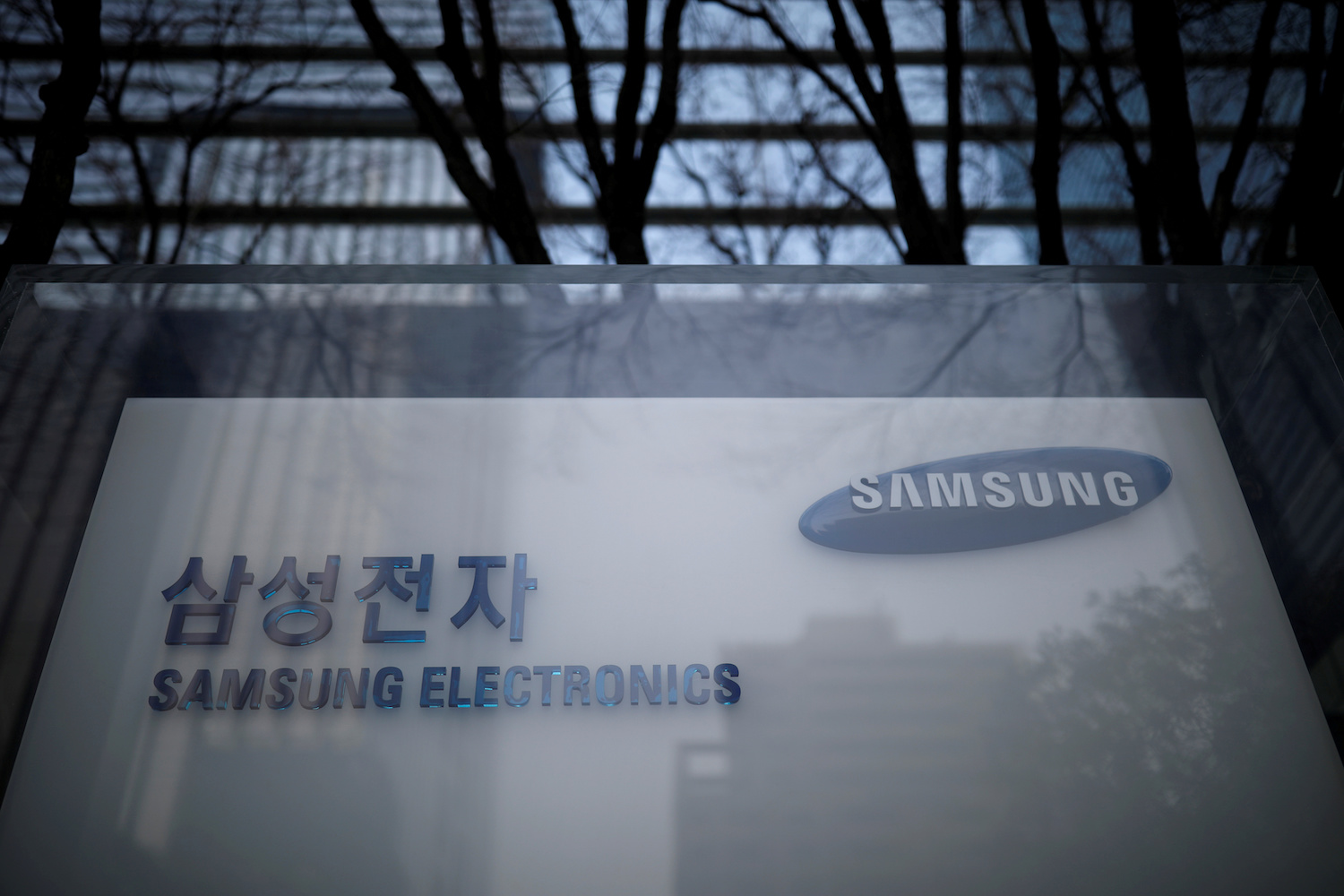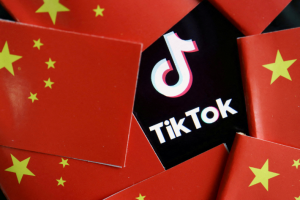Samsung Electronics said on Monday it had won a $6.6 billion order to provide wireless communication solutions to Verizon in the United States, a major win for the South Korean firm in the next-generation 5G network market.
Samsung’s global prospects for its network business have improved following US sanctions on its bigger rival Huawei, analysts said.
Verizon CEO Hans Vestberg told CNBC in July last year that Verizon does not use any Huawei equipment. Verizon had already been a Samsung customer before the order.
Verizon is believed to be Nokia’s biggest customer, JP Morgan research said in a July note.
“Samsung winning the order from Verizon would help the company expand its telecom equipment business abroad, potentially giving leverage to negotiate with other countries,” Park Sung-soon, an analyst at Cape Investment and Securities, said.
The order is for network equipment, a Samsung spokesman said. The company declined to comment on detailed terms the contract such as the portion of 5G-capable equipment included.
“With this latest long-term strategic contract, we will continue to push the boundaries of 5G innovation to enhance mobile experiences for Verizon’s customers,” Samsung said in a statement.
Samsung said in a regulatory filing the period of the contract, which Samsung’s US unit signed with Verizon Sourcing LLC, is from June 30, 2020 to December 31, 2025.
Samsung had a 3% market share of the global total telecom equipment market in 2019, behind No. 1 Huawei with 28%, Nokia’s 16%, Ericsson’s 14%, ZTE’s 10% and Cisco’s 7%, according to market research firm Dell’Oro Group.
The Trump administration last month unveiled plans to auction off spectrum previously dedicated to military purposes for commercial use starting in mid-2022, to ramp up fifth-generation network coverage in the United States.
The next-generation 5G wireless network is expected eventually to connect and enable high-speed video transmissions and self-driving cars, among other uses.
Britain in July ordered Huawei equipment to be purged completely from its 5G network by the end of 2027, adding it needs to bring in new suppliers like Samsung Electronics and Japan’s NEC.
Samsung Electronics shares rose 2% compared to the wider KOSPI’s 0.5% climb.
TV factory in China to close
Meanwhile, Samsung Electronics has decided to cease production at its only TV factory in China by the end of November, a spokesman said on Monday, the latest in a series of moves by the South Korean firm to shift production from the world’s second-largest economy.
The TV factory in Tianjin is the only Samsung Electronics TV production base in China, the spokesman said. The decision is part of “ongoing efforts to enhance efficiency” in its production facilities, Samsung said in a statement earlier.
The factory has about 300 workers, Yonhap news agency reported. Samsung declined to comment on the number of workers, but said some of the workers and equipment are expected to be retained.
The latest exit leaves Samsung Electronics in China with a home appliance factory in Suzhou and chip production facilities in Suzhou and Xian.
The decision follows Samsung Electronics’ display unit confirming separately last week that it is selling off a majority stake in its Suzhou liquid crystal display (LCD) production unit to TCL Technology Group Corp’s Star Optoelectronics Technology unit.
Samsung Display said in March it decided to end all of its production of LCD panels in South Korea and China by the end of this year.
In August, Samsung said it will halt operations of its last computer factory in China.
(Reporting by Joyce Lee and Heekyong Yang; Additional reporting by Hyunjoo Jin; Editing by Muralikumar Anantharaman and Stephen Coates)
























